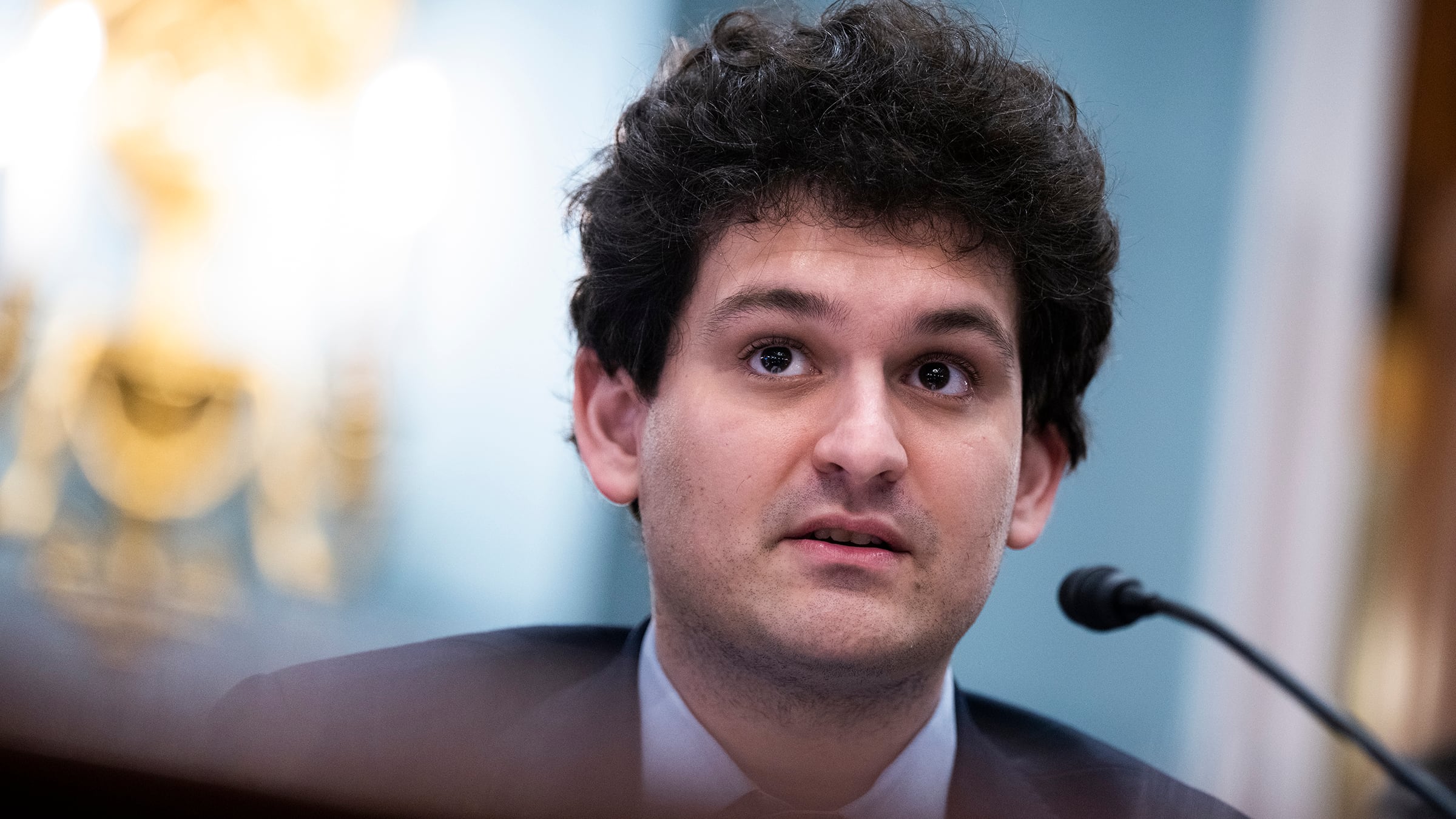Oregon Secretary of State Shemia Fagan has proposed a $35,000 fine on the Democratic Party of Oregon for being tardy in changing the name on a campaign contribution that came from Nishad Singh, former director of engineering at bankrupt cryptocurrency firm FTX.
The proposed fine would be one of the largest ever by the Oregon Elections Division, Fagan said in a statement. The penalty is “proposed” because, while Fagan’s office has determined that there was a violation, the DPO has the right to due process, such as appealing the decision or claiming mitigating circumstances, a spokesman for Fagan explained in an email.
“No one should be surprised,” Fagan said. “I promised Oregonians that I would do this job impartially and apply the rules fairly to everyone. That’s exactly what I have done and will continue to do.”
The Democratic Party of Oregon originally said that the $500,000 contribution, made Oct. 4, came from another crypto firm called Prime Trust. The deadline for reporting that transaction was Oct. 11, but the DPO didn’t change the name to show that the contribution actually came from Singh until Oct. 31, Fagan’s office said.
“Oregon law is very clear on how fines are incurred for late campaign finance filings,” elections director Molly Woon said in a statement. “Despite limited staff resources, our campaign finance team processes thousands of late filing fees a year with professionalism and consistency. I thank them for their work.”
The DPO said it would appeal the fine.
“The party’s amendment was solely caused and made necessary by Nishad Singh’s false representations to the party concerning the source of the contribution,” Dayna Underhill, a lawyer representing the DPO said in a statement.
Today’s proposed fine is for the late filing only, Fagan’s office said, and is separate from an investigation into whether Singh’s contribution was made under a false name, a violation of Oregon law. Elections staff is still working on that matter.
Bankman-Fried was one of the biggest political donors in the country during the 2022 election. Federal prosecutors have accused him of making millions of dollars in donations in other people’s names using cash from customers’ accounts at FTX. Today, federal prosecutors added new details to the charges, The New York Times reported, saying that Bankman-Fried and two other FTX executives used “straw donors” to buy influence. A straw donor is someone who makes a contribution in someone else’s name to skirt limits on political giving.
Bankman-Fried pleaded not guilty to the earlier charges.
The DPO is contesting the proposed Oregon fine because the federal investigations “could result in a finding invalidating this proposed penalty under the clearly established fraud standard,” Underhill said. “In light of Singh’s fraudulent conduct, and the multiple ongoing investigations, the proposed fine is inappropriate and should not be issued. At a minimum, any proceedings regarding this proposed penalty should be held in abeyance until the investigations are complete.”
FTX, now under new management and in bankruptcy, said earlier this month that it wants politicians and political action committees to return all the millions that founder Sam Bankman-Fried and his FTX colleagues donated to them when he was flying high.
The company and its debtors are sending “confidential messages” to candidates and committees that got money from FTX, Bankman-Fried, and officers of the company, FTX said. It wants the money by the end of this month.
Oregon, in particular, was awash in FTX cash. Among the largest recipients of money from Bankman-Fried was an independent political action committee called Protect Our Future PAC, which, in turn, spent $10,452,673 promoting the candidacy of Carrick Flynn, according to records gathered by OpenSecrets. Flynn, a political novice, ran to represent Oregon’s 6th U.S. Congressional District. Flynn lost in the Democratic primary to Andrea Salinas, who went on to win the seat in the general election.
Correction: An earlier version of this story said that the penalty for the DPO was “imposed” by Fagan. It was, rather, proposed, because the DPO has the right to appeal. WW regrets the error.
